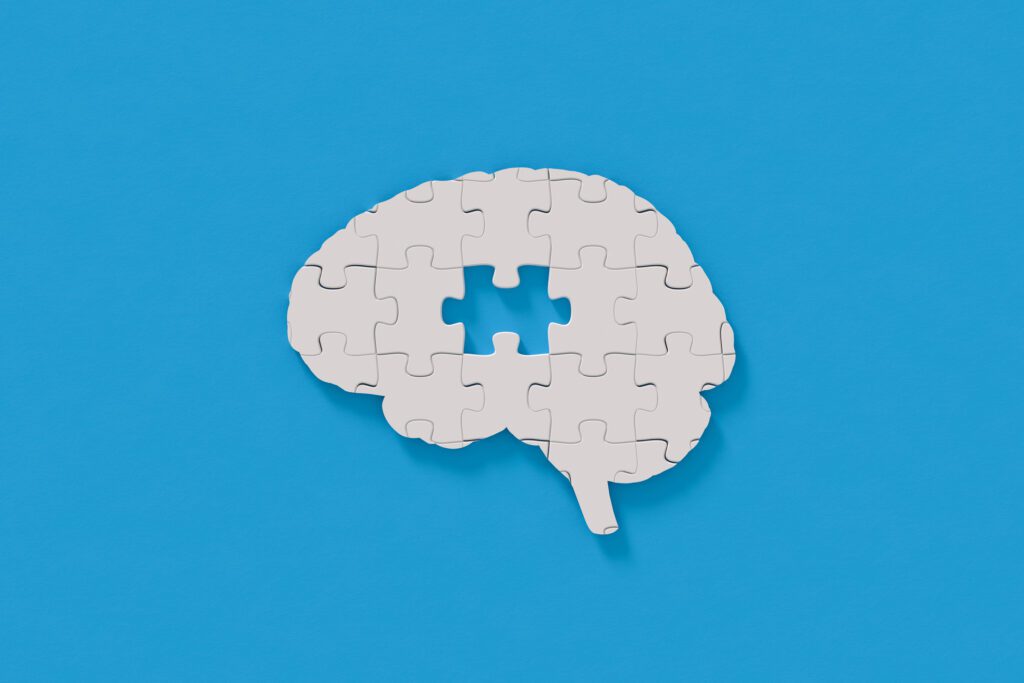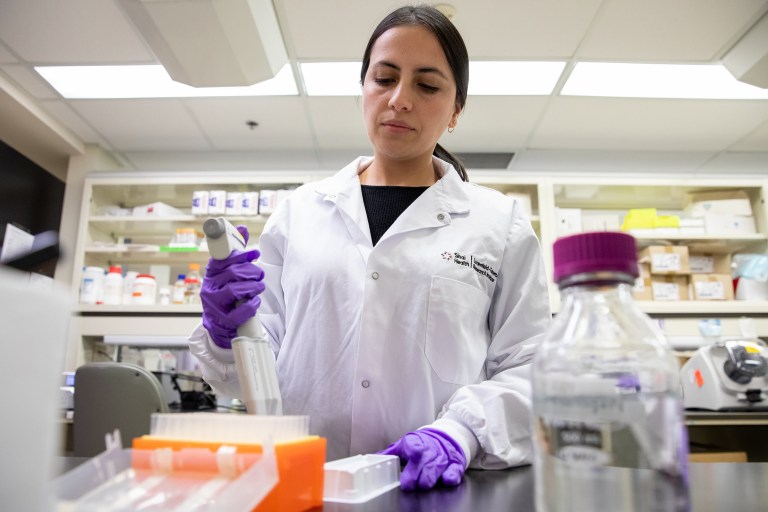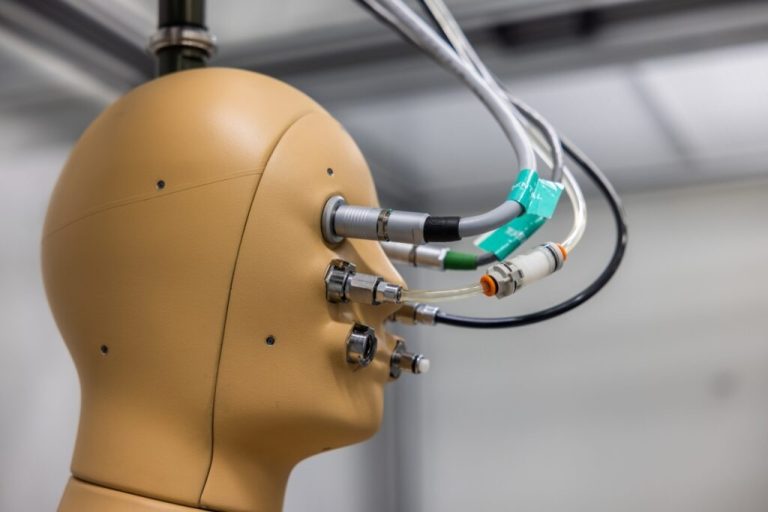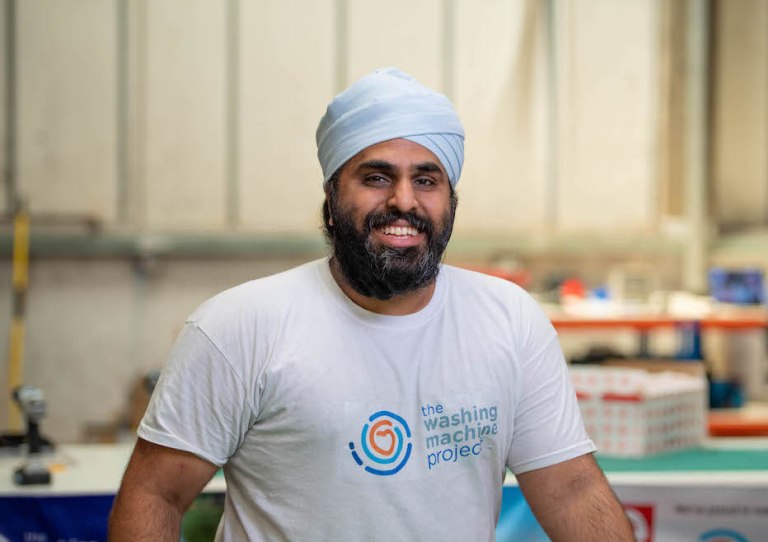Previous research has shown that nearly 40% of Alzheimer’s disease and related dementia cases may be preventable or delayed. And in December, a team of U.K. researchers published a world-first study identifying risk factors that specifically apply to young-onset, or early-onset, dementia cases, meaning those diagnosed in people under age 65.
Some of the 15 factors are genetic, but others, like vitamin D deficiency, are modifiable and within individuals’ power to change. There are also some, such as lower formal education and lower socioeconomic status, that could inform public health policies.
Nice News chatted with neurologist Richard Isaacson, an Alzheimer’s expert who was not involved in this study, to learn more about what the research results mean for preventing Alzheimer’s at any age. The gist? It’s never too late to work on reducing your risk.
Isaacson, who serves as a health advisor for the Alzheimer’s organization Hilarity for Charity, said people should feel “empowered” by the study findings. “When it comes to early-onset or young-onset, people used to say, ‘There’s nothing you can do, it’s genetic.’ But the real clincher here is that this study shows that there is something [you can do] — anyone, at any age, can take control of their brain health today.”
He added that the novel thing about this research in particular was the focus on the risk factors that would most affect young people. For example, smoking is a risk factor for late-onset Alzheimer’s, but it didn’t come up in the U.K. study. That may be surprising on the surface, but it made sense to Isaacson because the effects of smoking compound with time.

“I like the fact that the study teased out that some risk factors are going to affect the person earlier on versus later on,” he said. “That’s not really been teased out before.”
Even the genetic factors are something to take into consideration, as anyone who has gotten genetic testing done and identified a dementia risk can then “grab the bull by the horns,” as Isaacson put it, and work on prevention via diet, exercise, and other lifestyle choices. “People think your genes are your destiny. But I really believe you can win the tug of war.”
There’s no one-size-fits-all dementia prevention prescription, but we’ve compiled some of Isaacson’s top brain health tips below. “These are things that can really empower people and give them a sense of control over a situation that a lot of people feel helpless [in],” he said.
Take a Look at Your Diet
Isaacson is to the point here: A Mediterranean-style diet, with lots of fish and omega-3 fatty acids, has the most research behind it. “I could wax poetic about diet for hours. But long story short, the Mediterranean-style diet has the most evidence.”
… And Your Exercise Routine
For exercise, variety and consistency are key. Isaacson recommends aiming for two to three workouts per week, with a mix of cardio, strength training, balance, and stretching.
Tackle Social Isolation
Community is a key ingredient for happiness and overall well-being, so it’s no surprise that it shows up in Alzheimer’s research as well. “Social isolation is critical, because the brain is an organ that thrives on stimulation,” Isaacson said.
This one is explicitly tied to other conditions, like hearing loss, that often affect older adults, as anything that reduces your stimulation and interaction with other people will increase your chances of cognitive decline.
When it comes to hearing loss in particular, it’s important to reject any stigma associated with getting hearing aids: The research that found that 40% of cases of Alzheimer’s and dementia are preventable or can be delayed also found that hearing loss was the most impactful risk factor.
Isaacson recommended getting regular hearing checks and getting treatment for hearing loss in order to boost social engagement and interaction. “If you interact more with people, you get out more, you get more exercise, you do more activities,” he said. “And the more activities you do, the better your metabolism is, the lower your risk of high blood sugars and diabetes. So many of these risk factors are really interrelated.”
Consider Getting a Personalized Recommendation
If you have a family history of Alzheimer’s and are interested in learning more about your individual risk, you might consider getting a more tailored brain health plan from your physician.
Isaacson is also involved with an initiative from the National Institutes of Health called Retain Your Brain, which is done completely online and offers personalized risk management advice while also contributing to Alzheimer’s research. Click here to learn more and see if you’re eligible to participate.











